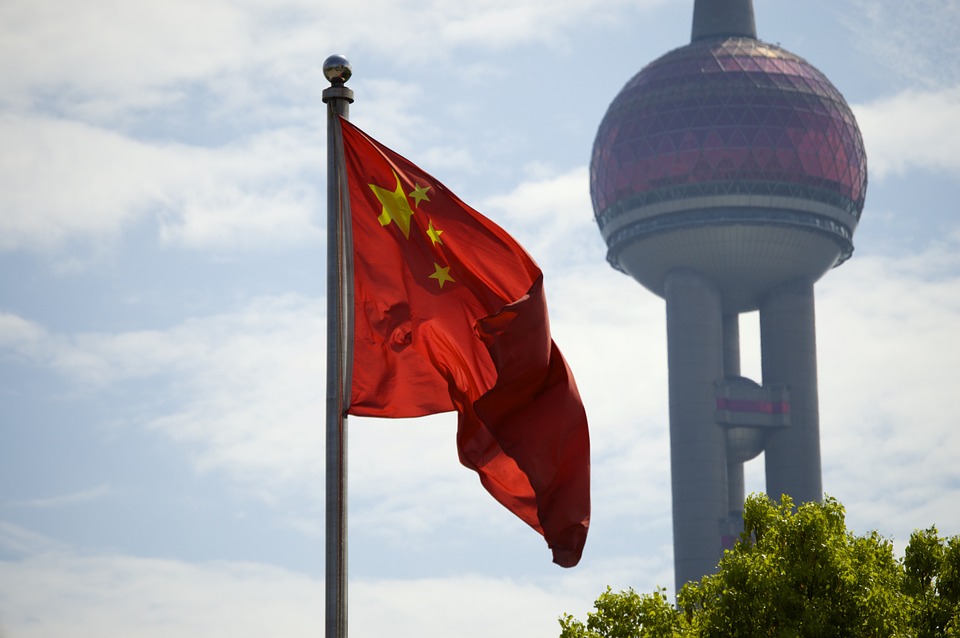News
China says its activities in Arctic will bring opportunities

A top Chinese diplomat sought Friday to allay concerns about his country’s increasingly prominent activities in the Arctic, saying Beijing won’t interfere in the interests of nations in the region. (Pixabay photo)
BEIJING — A top Chinese diplomat sought Friday to allay concerns about his country’s increasingly prominent activities in the Arctic, saying Beijing won’t interfere in the interests of nations in the region.
Vice Foreign Minister Kong Xuanyou (SHWEN’-yo) said China is interested in participating in scientific studies and the exploitation of new sea routes that have opened up with the receding of sea ice.
The involvement and contributions of the Chinese government and companies would “bring opportunities to the Arctic,” Kong said at a news conference called to introduce the government’s first comprehensive report on its Arctic policy.
“Regarding the role China will play in the Arctic affairs, I want to emphasize two points. One is that we will not interfere; second is that we will not to be absent,” Kong said. “Not being an Arctic country, China will not interfere the affairs that are exclusive to the Arctic countries and inside Arctic region.”
China’s presence in the Arctic has raised fears among some countries, mainly that it is seeking to grab resource-extraction opportunities resulting from climate change.
It has established especially close relations with Iceland’s support, with whose support it was granted observer status in 2013 at the Arctic Council, whose core members are Canada, Denmark, Finland, Sweden, Norway, Russia, the United States and Iceland.
Iceland has granted the state-owned China National Offshore Oil Company permission to explore in Iceland’s waters and is co-operating on an observatory to study the magnetic phenomena known as the Northern Lights. China also operates a research station in Norway.
Suspicions about China’s role in the region manifested themselves in 2011, Iceland blocked an attempt by a Chinese businessman a 300 square kilometre (120 square mile) chunk of its territory to build an eco-resort. Public sentiment ran strongly against the proposed deal, in part because no foreign buyer had ever bought so much land.
Suspicion also lingered when the Aurora Observatory was announced for a sparsely populated region 250 miles (400 kilometres) northeast of Iceland’s capital, Reykjavik.
Pascal Heyman, a former official at the Organization for Security and Cooperation in Europe, said in 2014 that the Chinese might want to use the equipment to keep an eye on NATO airspace.























